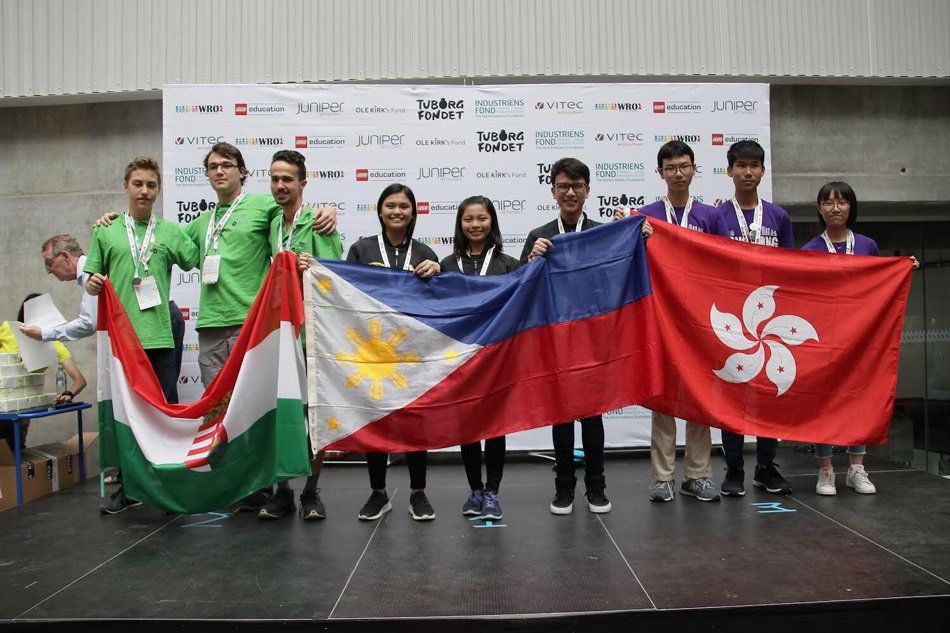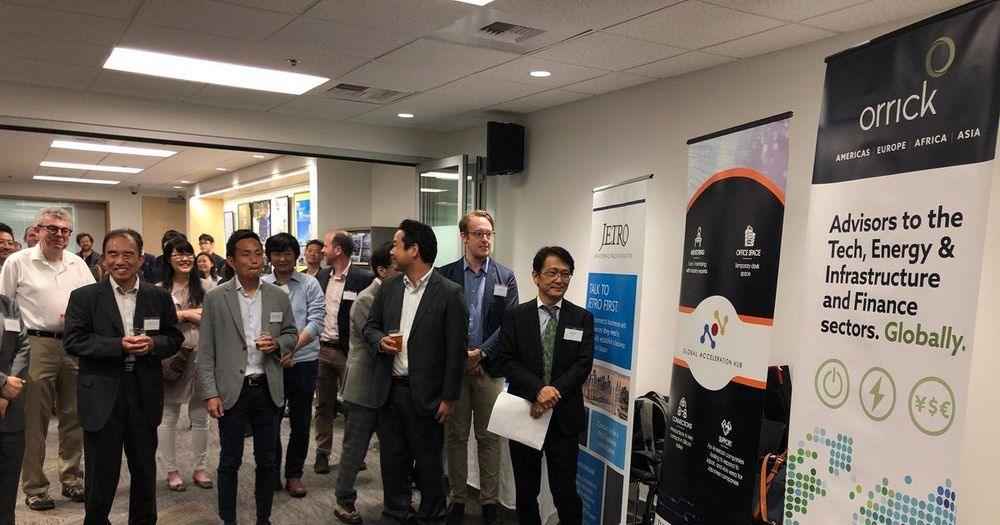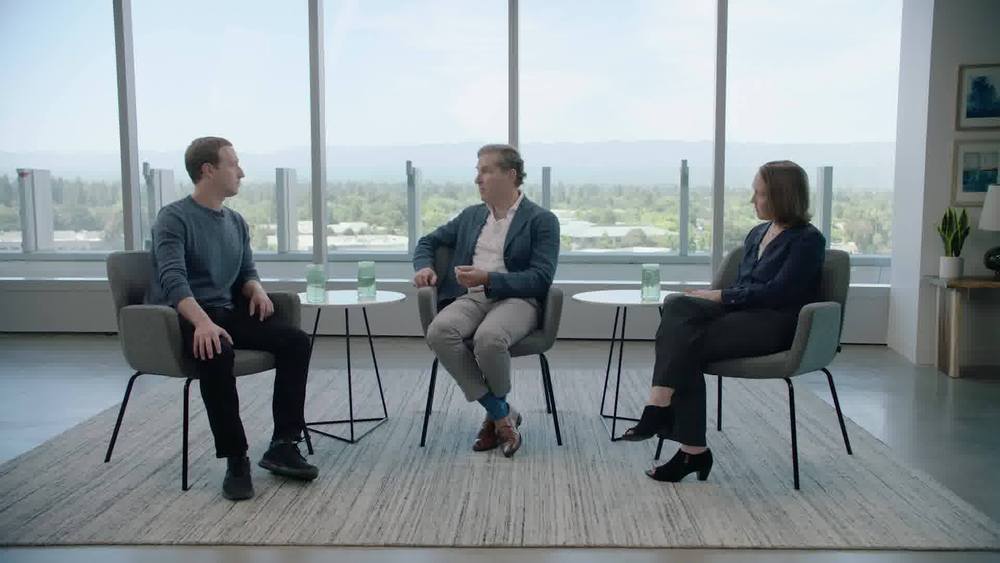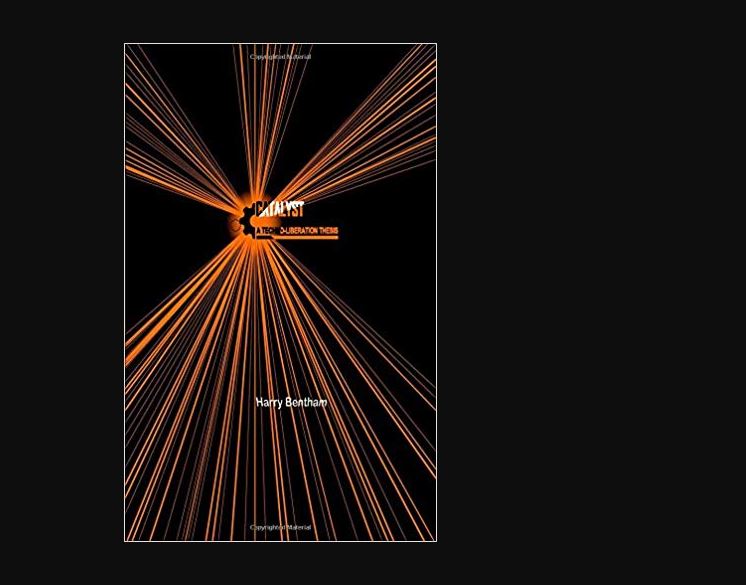Human agency and oversight — AI should not trample on human autonomy. People should not be manipulated or coerced by AI systems, and humans should be able to intervene or oversee every decision that the software makes. — Technical robustness and safety — AI should be secure and accurate. It shouldn’t be easily compromised by external attacks (such as adversarial examples), and it should be reasonably reliable. — Privacy and data governance — Personal data collected by AI systems should be secure and private. It shouldn’t be accessible to just anyone, and it shouldn’t be easily stolen. — Transparency — Data and algorithms used to create an AI system should be accessible, and the decisions made by the software should be “understood and traced by human beings.” In other words, operators should be able to explain the decisions their AI systems make. — Diversity, non-discrimination, and fairness — Services provided by AI should be available to all, regardless of age, gender, race, or other characteristics. Similarly, systems should not be biased along these lines. — Environmental and societal well-being — AI systems should be sustainable (i.e., they should be ecologically responsible) and “enhance positive social change” — Accountability — AI systems should be auditable and covered by existing protections for corporate whistleblowers. Negative impacts of systems should be acknowledged and reported in advance.
AI technologies should be accountable, explainable, and unbiased, says EU.
Read more








